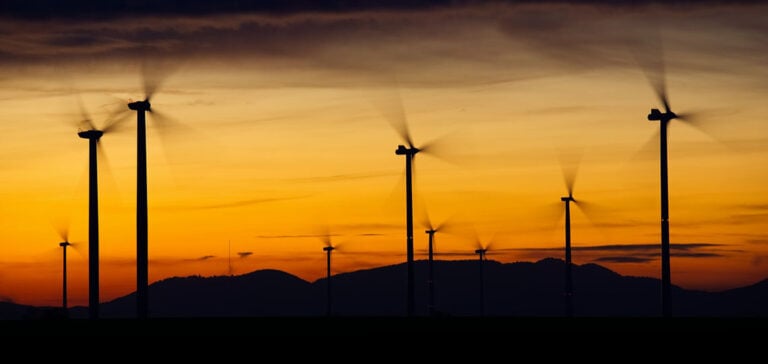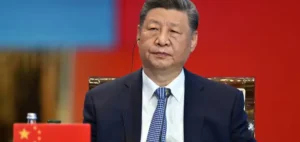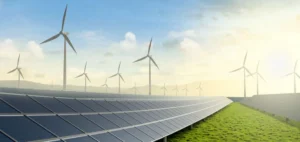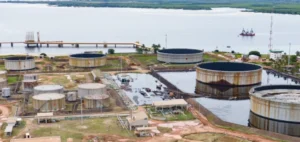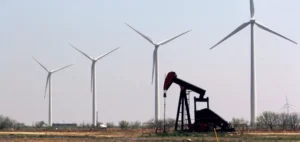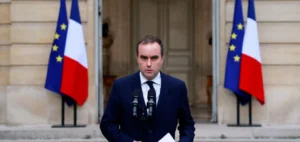The refusal rate for renewable energy projects in France has fallen from over 30% to less than 20% at the prefectoral authorization stage. This positive development comes after intense efforts by prefects and local government departments to remove administrative obstacles to wind, solar and biogas projects.
Unlocking Renewable Energy Projects
Over the past year, Minister Pannier-Runacher has made significant efforts to overcome the administrative obstacles to the development of renewable energies in France. This involved mobilizing prefects to speed up the prefectoral authorization process. The result is a significant drop in the project rejection rate, to below 20%.
The refusal rate for renewable energy projects has long been a point of concern for players in the sector. Administrative red tape and delays in issuing permits were holding back the French energy transition. However, Minister Pannier-Runacher has introduced measures to simplify and speed up the authorization process, with encouraging results.
Impact of Presidential Statements
Onshore wind power has been particularly hard hit by the fluctuations of presidential decisions. President Emmanuel Macron’s statements in 2020 and 2022 have had an impact on prefectoral decisions, notably by advocating a slowdown in the development of this energy. However, the government is now moving towards maintaining the minimum development rate for onshore wind power at 1.5 GW/year, in line with the forthcoming Pluriannual Energy Program (PPE).
These presidential decisions have sparked debate in the renewable energy sector. Some players have expressed concern about the long-term stability of energy policies. Nevertheless, the government now seems determined to maintain a favorable course for the energy transition.
A New Pact with Local Elected Officials
To reach the target of 1.5 GW/year in onshore wind power, the government is proposing a new pact with local elected representatives. The latter will be responsible for defining “acceleration zones” for renewable energies, thus ensuring that specific local features are taken into account and that projects are more acceptable to local residents.
The aim of this partnership with local elected representatives is to involve communities more closely in decisions concerning the implementation of energy projects. It recognizes that the inhabitants of the regions concerned must be involved in the energy development of their territory, thus promoting greater acceptance of the projects.
The future of wind power in France
Minister Pannier-Runacher stresses the importance of territorial equity in the development of renewable energies in France. She insists that the future of wind power cannot be limited to a few territories, while others still have untapped development potential. The quest for territorial equity is at the heart of the government’s strategy for the future of wind power in France.
As a signatory to the Paris Climate Agreement, France is committed to reducing its greenhouse gas emissions and increasing the share of renewable energies in its energy mix. Onshore wind power, solar power and biogas play a key role in achieving these objectives.
In short, Minister Agnès Pannier-Runacher has announced a significant improvement in the approval of renewable energy projects in France. This reduction in the refusal rate is the result of considerable efforts to overcome administrative obstacles and promote a faster energy transition. The government is now working in partnership with local elected representatives to ensure a fair distribution of projects across France, thus ensuring a promising future for renewable energies in France.


